Why Donald Trump Says He Has Never Drunk Alcohol and Why It Still Matters
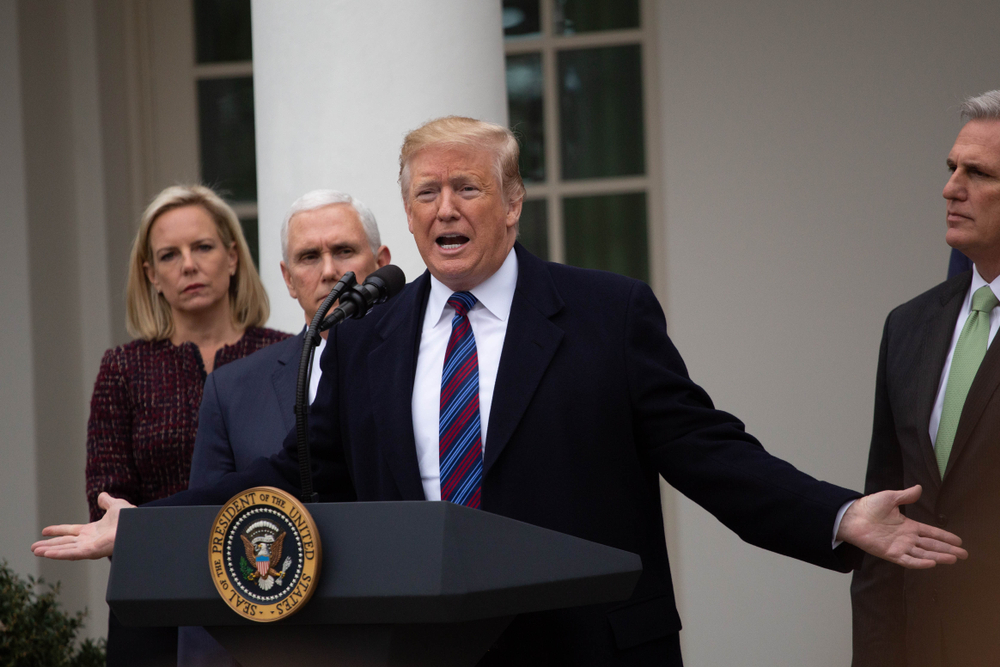
Donald Trump’s relationship with alcohol, or more precisely his lack of one, has long been a curiosity in American public life. For decades, the former president has insisted he has never consumed a single drop of alcohol, a claim that feels almost mythic given the excesses often associated with his name, his era, and his world of Manhattan nightlife. He repeats this story often, not as an oddity but as a badge of discipline a sign of control, clarity, and moral resolve. The tale traces back to a deeply personal tragedy: his older brother, Fred Trump Jr., who battled alcoholism and died young. For Trump, this loss became a lesson so powerful that it shaped both his personal habits and his public persona. It has been one of the most enduring self-narratives of his career a mix of warning, inspiration, and marketing.
Yet like many of Trump’s claims, this one lives at the crossroads between private truth and public performance. Biographers, reporters, and people who once worked in New York’s nightlife scene recall a different picture one in which Trump occasionally drank, even if sparingly, while navigating the glitzy chaos of 1990s club culture. That version of events doesn’t necessarily prove him a liar, but it complicates the legend. His story of abstinence reflects a broader truth about modern political storytelling: that a simple, morally charged narrative often wins more hearts than a complicated one. Whether true in full or not, Trump’s teetotal tale tells us something vital about how politicians craft mythologies, how the public consumes them, and why such personal details can matter politically.
The Personal Reason: Family, Trauma, and Self-Preservation
In countless interviews and speeches, Donald Trump has traced his lifelong abstinence back to a single influence his older brother, Fred Trump Jr. Fred was, by Trump’s own description, charismatic, handsome, and full of potential. But he struggled with alcoholism, a disease that consumed his health and his dreams. In 1981, Fred died of a heart attack at just forty-two. Trump has described this as one of the most haunting lessons of his life. “He had a problem with alcohol,” Trump told podcaster Theo Von. “I tell my kids all the time no drugs, no drinking, no cigarettes. I had a great brother who taught me a lesson.” The simplicity of that moral never start has been a guiding mantra that Trump claims to have followed with near-religious discipline.
For Trump, the story doubles as both a cautionary tale and a kind of self-congratulation. Watching Fred’s decline, he says, taught him that willpower and restraint were survival tools in a world that rewards excess. He has repeated the story for decades, framing it as proof of his own self-control and awareness of personal limits.
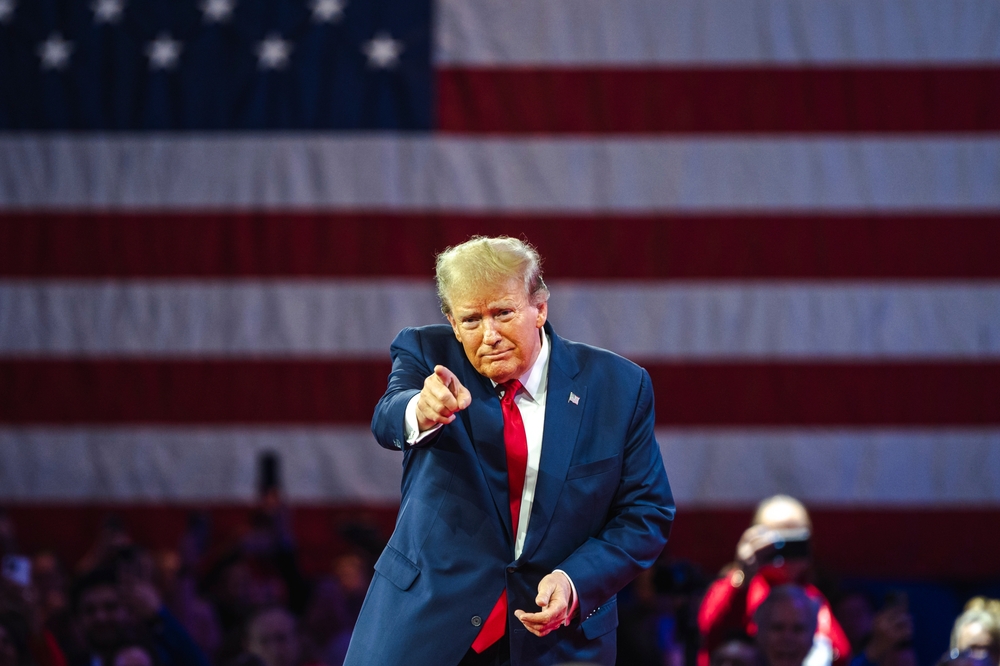
In business and politics alike, he has cultivated the image of a man who always keeps his wits sharp the sober dealmaker surrounded by others who let indulgence cloud their judgment. This identity contrasts sharply with his reputation for impulsiveness in other areas, from his tweeting to his public feuds. The irony underscores how Trump’s self-mythology often functions: it takes a real emotional kernel and wraps it in a polished political shell.
But the emotional truth of the story also runs deep. Fred’s life and death affected not only Donald but also shaped the dynamics within the Trump family. Their father, Fred Sr., disapproved of Fred Jr.’s ambition to become a pilot, pushing him instead toward the family business. Donald, who would later take up that mantle, often spoke of his regret at pressuring his brother to follow their father’s wishes. Seeing Fred Jr. lose that battle with both addiction and expectation made a lasting impression. It reinforced Donald’s belief in discipline and success as moral imperatives. This formative trauma became one of the few personal vulnerabilities he openly discusses perhaps because it reinforces the image of a man forged in hardship, who learned strength from sorrow.
Nightlife Memories and Conflicting Accounts

Despite Trump’s frequent insistence that he never drinks, eyewitnesses from his younger days have painted a more complex picture. According to reporting by New York Magazine and interviews with bartenders, models, and nightlife figures from the 1980s and 1990s, Trump was occasionally seen with a drink in hand. A bartender known as Laraby, who worked at clubs like Spy Bar and Chaos, recalled serving him light beers, while others mentioned champagne or vodka on tables at his events. These accounts describe him as social but not reckless “nursing” his drinks, as one source put it and sometimes leaving modest tips. Whether these memories are perfectly accurate or embellished over time is impossible to know, but they chip away at the notion of absolute abstinence.
Such stories reflect the blurred lines between public myth and private life that define Trump’s entire persona. It’s possible that he drank occasionally before deciding to abstain completely; it’s equally possible that those witnesses misremembered, confusing presence at alcohol-heavy events with participation. What matters most is that the contradiction itself has become part of the Trump mythology. In a media environment hungry for both purity and scandal, his claim of lifelong sobriety invites scrutiny precisely because it sounds too perfect. The public has come to expect dissonance from Trump a man whose career is built on the interplay between fact and performance.
This tension mirrors the broader problem of how celebrity and politics intersect. Trump’s rise in New York was fueled by publicity, self-promotion, and myth-making long before he entered politics. His sobriety story fits neatly into that pattern: it positions him as the clear-headed mogul amid a sea of reckless elites, the self-controlled success story immune to temptation. Whether or not it is fully accurate matters less than the symbolic function it serves. In that sense, it’s part confession, part branding exercise and thoroughly Trumpian.
Why the Teetotal Image Works Politically
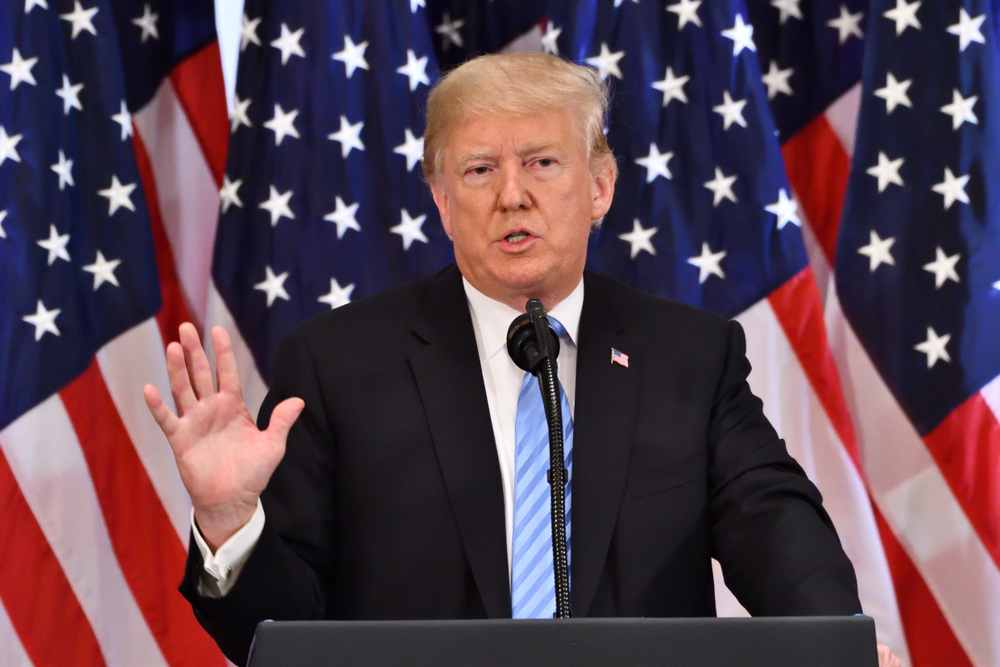
Sobriety carries symbolic weight in politics. It signals control, judgment, and moral strength traits that voters instinctively value in leaders. In the United States, where presidential legacies often intertwine with personal morality, stories of redemption or restraint resonate deeply. Franklin Pierce and Ulysses S. Grant, both heavy drinkers, are remembered partly for their struggles. George W. Bush’s decision to quit drinking at forty became a central part of his public image as a man of faith and discipline. Jimmy Carter’s abstinence reinforced his identity as a pious outsider. Trump’s claim to lifelong sobriety fits within this lineage but with a twist: he never had to reform because, according to his story, he never started.
This narrative serves multiple political functions. It acts as a competence signal a shorthand for discipline, especially when paired with his claim of tireless work habits. It also contrasts him with perceived decadence in the political establishment, feeding the outsider persona that helped him win office. By projecting sobriety, Trump crafts an image of perpetual alertness: a man always ready for the next deal, the next crisis, the next fight. That image aligns neatly with his campaign themes of toughness and self-reliance.
Moreover, the story resonates with conservative cultural values around family, responsibility, and the dangers of moral decay. Trump’s retelling of Fred’s tragedy echoes countless American cautionary tales about addiction and failure with himself cast as the survivor who learned the right lesson. It’s a form of moral storytelling that transcends partisanship, touching something archetypal about the American ideal of individual willpower.
Yet there’s a danger in treating abstinence as a stand-in for virtue. History offers many examples of sober leaders who made reckless decisions and others who drank but governed wisely. Sobriety can suggest discipline, but it does not guarantee sound judgment. Trump’s narrative works best as theater a parable of control that reinforces his myth of exceptionalism.
The Public Health Angle: Lessons and Missteps
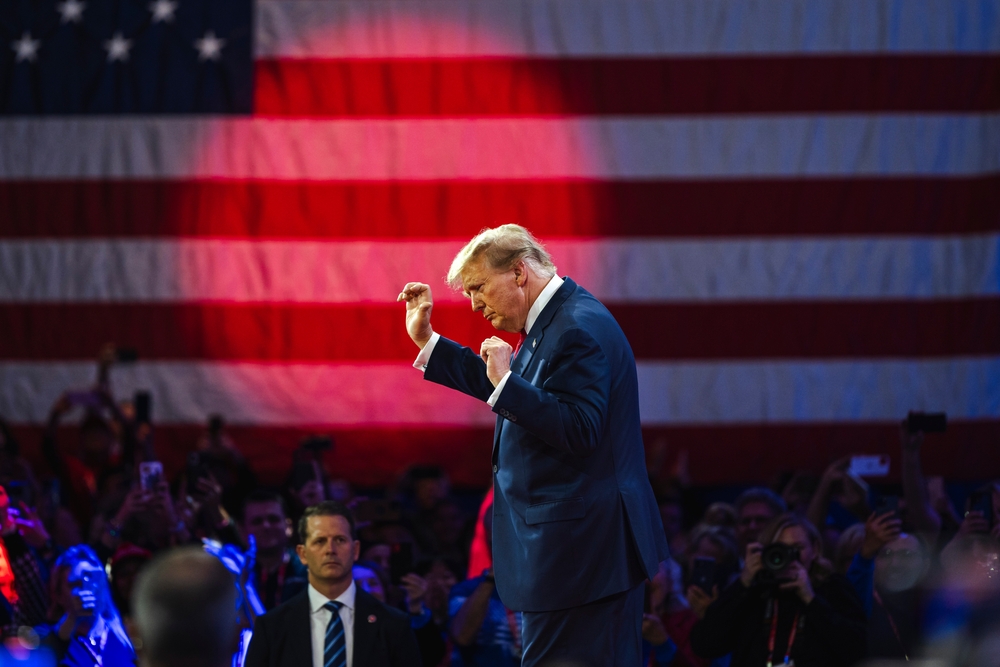
Trump’s advice that the best way to avoid addiction is never to start mirrors a common prevention message among addiction experts. It’s true that early avoidance can dramatically lower the risk of dependence. Public health organizations like the World Health Organization (WHO) emphasize that no level of alcohol consumption is entirely safe, linking even moderate drinking to cancer and heart disease. Trump’s story, stripped of its political overtones, could easily serve as a straightforward public service message: learn from others’ suffering and make healthy choices.
But there’s an unintended side effect to this simplicity. Framing addiction as a matter of personal willpower alone can reinforce stigma rather than compassion. Fred Trump Jr.’s death, by Trump’s own telling, was a tragedy but the moral Trump draws from it is one of self-control rather than empathy. In emphasizing his own restraint, he risks implying that those who struggle with addiction simply lack discipline. This distinction matters deeply in public health communication. Addiction is a medical condition influenced by genetics, trauma, and environment, not a simple failure of character.
Nevertheless, Trump’s version of the story continues to resonate with many Americans. It taps into a broader cultural fascination with self-mastery and the belief that personal discipline can overcome fate. That message, however imperfectly framed, carries motivational power especially among young people seeking models of success. Perhaps unwittingly, Trump’s narrative has turned a private family tragedy into a national parable about restraint, even if its scientific underpinnings are shaky.
Contradictions, Branding, and the Power of Myth
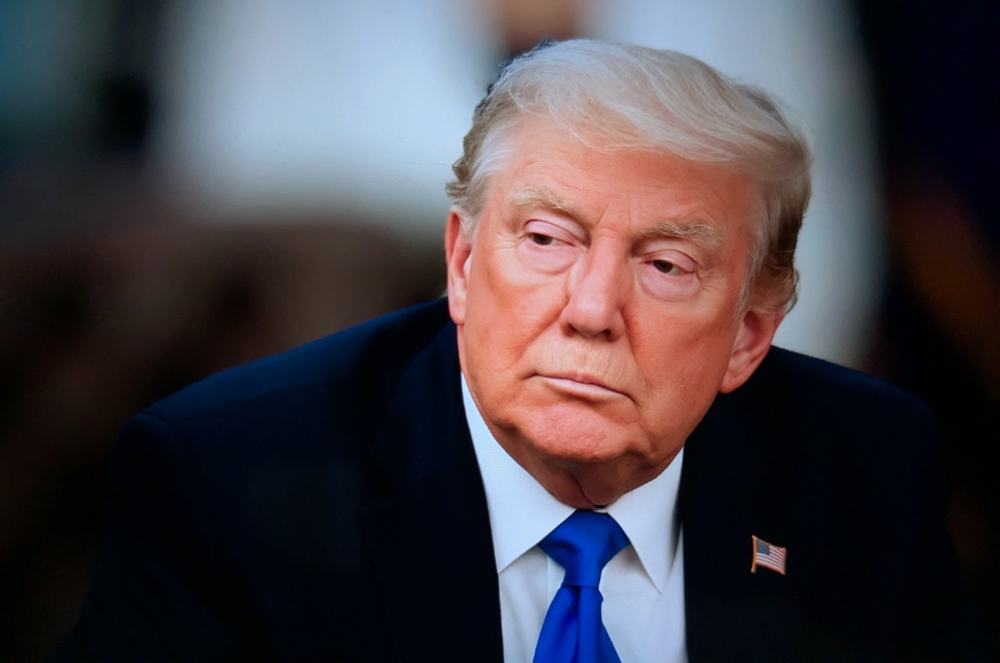
When evaluating Trump’s abstinence claim, what stands out is not the literal truth of whether he ever sipped a drink but the consistency of his storytelling. Across decades of interviews, he has repeated the same phrases: “I never had a glass of alcohol,” “My brother taught me a lesson,” “Can you imagine if I had?” This repetition is deliberate a marketing technique as much as a confession. It transforms a personal detail into a symbol. Trump’s Diet Coke habit, famously punctuated by the “Diet Coke button” on his Oval Office desk, reinforces that symbolism. In the world of political theater, even soda becomes a prop for self-definition.
Eyewitness contradictions don’t necessarily shatter this myth; they sustain it. For supporters, they may read as attacks by jealous elites; for detractors, as evidence of hypocrisy. Either way, the story stays alive, fueled by controversy. This dynamic reflects how modern politics functions through narrative friction rather than factual consensus. Trump’s teetotal tale endures not because it is provably true but because it is emotionally tidy, easily digestible, and endlessly debatable.
The question of whether Trump ever drank a beer in the 1990s is, ultimately, less interesting than what the claim reveals about power and persuasion. Every public figure curates a persona; Trump’s happens to be one built on excess paired with supposed restraint. The paradox is almost poetic: a man famous for indulgence in everything but alcohol. In that contradiction lies the secret to his enduring narrative strength.
The Small Detail That Reveals a Larger Truth
A single statement “I’ve never had a drink in my life” might seem trivial in the grand scheme of politics, but it captures the essence of modern image-making. It shows how personal stories become tools of persuasion, how trauma can be repackaged as branding, and how easily audiences accept neat moral fables over messy realities. Trump’s abstinence story functions as both shield and sword: it protects him from charges of recklessness while reinforcing his aura of invincibility. It’s a story built for television, repeated for decades, and endlessly recycled in campaigns.
What’s left for the public is interpretation. Maybe Trump truly never drank and remains a model of disciplined abstinence. Maybe he did drink occasionally and later decided to erase that part of his past. Either way, the myth has outlived the man who first told it. It survives because it speaks to something Americans crave in their leaders clarity, self-control, and a touch of moral drama. In politics, those qualities often matter more than the truth itself.
In the end, Trump’s story about never drinking is not just about alcohol. It’s about the power of narrative in shaping perception and legacy. The real takeaway for voters is not whether he’s telling the truth but how every politician, in their own way, tells stories that become larger than life. The myth of the sober mogul, the disciplined dealmaker, will remain a defining part of Trump’s brand proof that sometimes, the strongest intoxicant in politics is not alcohol but narrative itself.
Loading...

